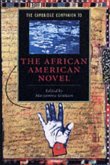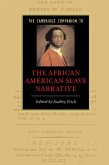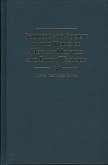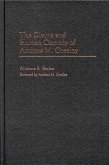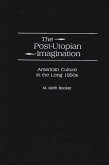The ways in which the African American community learned to be proficient readers and writers during the 19th century were diverse, however, the greatest impact on literacy acquisition came from family and community efforts. African American arts, churches, benevolent societies, newspapers, literacy societies, and formal and informal schools supported literacy growth, and literacy growth in turn gave rise to national and international African American literacy traditions. The underlying motivations that gave shape to the nature of their literacy behaviors and events within family and community contexts and within national and global context are examined in detail here.
The beginnings of African American literacy traditions would have failed had there not been intrinsic motivations, opportunities, and a need to use all of the language arts, reading, writing, speaking, listening, and viewing to maintain and protect what mattered most to them as a people. The institutionalization of these traditions into family and community rituals, including songs, prayers, letters, story telling, and the like gave a visibility to the African American in ways no other cultural knowledge could. Belt-Beyan traces the development of these literacy traditions, noting the parallel progression and transformation of Africans into African Americans, slaves into freepersons, and noncitizens into citizens.
The beginnings of African American literacy traditions would have failed had there not been intrinsic motivations, opportunities, and a need to use all of the language arts, reading, writing, speaking, listening, and viewing to maintain and protect what mattered most to them as a people. The institutionalization of these traditions into family and community rituals, including songs, prayers, letters, story telling, and the like gave a visibility to the African American in ways no other cultural knowledge could. Belt-Beyan traces the development of these literacy traditions, noting the parallel progression and transformation of Africans into African Americans, slaves into freepersons, and noncitizens into citizens.



